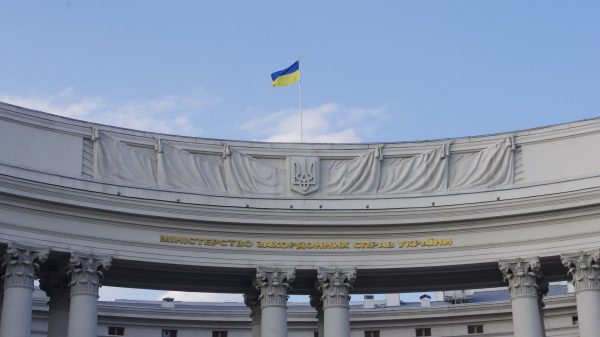 Reform Party chairman Richard Tice and party leader Nigel Farage will call for the income tax starting point to be raised from £12,570 to £20,000. Posted by James Manning/PA
Reform Party chairman Richard Tice and party leader Nigel Farage will call for the income tax starting point to be raised from £12,570 to £20,000. Posted by James Manning/PA
Reform UK will say on Monday it will raise income tax and inheritance tax thresholds when the party unveils its economic strategy.
Reform says tax cuts could be financed by ending hidden subsidies paid to big banks in The cost to taxpayers will be more than £25 billion.
Nigel Farage, the party's leader, and Richard Tice, the chairman, will call for the starting rate of income tax to be raised from £12,570 to £20,000. which they say will save each worker almost £1,500 a year.
The base rate will remain at 20 per cent, but the point at which people start paying the higher rate of 40 per cent will increase from 50,000 pounds sterling up to 70,000 pounds sterling.
It would involve the abolition of inheritance tax on estates worth less than £2 million, increasing pressure on the Conservatives to pledge their money. own changes
The current inheritance tax threshold is £325,000, although there are some exceptions for family homes. The reform also proposes to reduce the tax rate from the current 40 percent to 20 percent.
In reality, this policy will not be implemented after the general elections, given that the reform has no prospects of becoming the ruling party.
The Conservatives are trying to win back voters lured by Reform, the party to their right, with policies including the return of national service.
But Mr Farage's surprise decision to take charge of Reform and stand as a candidate for office MP for Clacton is undermining that ambition, and the first polls after his return showed the Tories behind Reform by just two percentage points.
The reform would also go further than the Tories' plan to scrap stamp duty for first-time buyers of properties worth up to pounds sterling. 425,000
The party will propose scrapping stamp duty on properties worth less than £750,000 and reducing it to two per cent for properties costing between £750,000 and £1.5 million and four per cent for properties worth more than £1.5 million.
The reform will argue that the cuts could be financed by scrapping a little-known scheme under which lenders receive interest payments on reserves — piles of cash — they must keep at the Bank of England.
These reserves, amounting to more than $700 billion sterling, arose mainly as a result of the Bank's quantitative easing program. Under QE, new money was created out of thin air to shore up the financial system after the 2008 credit crisis.
Commercial banks made little to no profit on this money when interest rates were low, but they are now earning interest of 5.25 percent because the base rate has risen and quantitative easing is being wound down. As a result, almost £40 billion a year in interest payments is sent to banks, boosting their profits.


























































Свежие комментарии